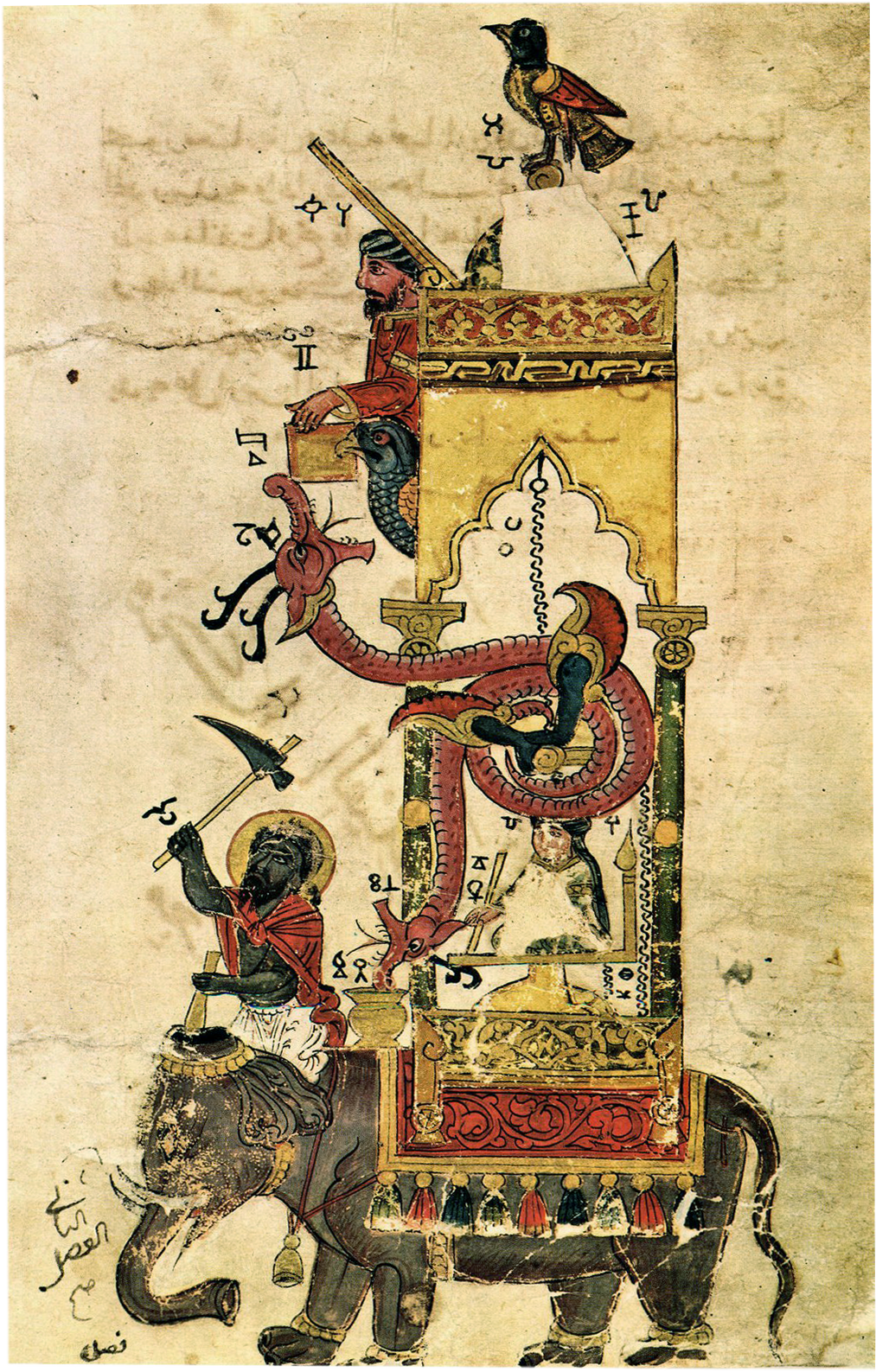House of Wisdom: Inventions in the Islamic Golden Age
From its establishment in the 8th century by the Abbasid Dynasty, Baghdad became a scientific and cultural intellectual center at the heart of scientific development and innovation. Some modern day objects that we take for granted, such as the camera, soap, watches, and cologne trace their roots back to this era. Inventions by scholars of the time also laid the foundations for technologies – such as windmills and robotics – that now define modern life. Here you’ll find a brief overview of Baghdad’s House of Wisdom, its key scholars, and a summary of our free-to-use lesson plan developed in conjunction with the University of Chicago’s Center for Middle Eastern studies.
Baghdad’s House of Wisdom
The House of Wisdom was a hub of intellectual scholarship that attracted thinkers and intellectuals from all over the Muslim world. It was established in Baghdad during the 9th century by Abbasid Caliph Haroun Al-Rashi as a library to house his private collection. It was under his son Al Ma’mun that the library became a hub of scholarship and translation, andduring this period, that one of its main activities became the translation of scholarly texts from Greek and Syriac into Arabic. These translations became the basis for further research in the fields of mathematics, science, alchemy, astronomy, philosophy and medicine.
The House of Wisdom was destroyed by the Mongol invasion of Baghdad in 1258.
Golden Age Scholars
Al-Jazari (1136 - 1206)
Ismail Al-Jazari is considered the father of modern engineering and robotics. He was behind the invention of the crankshaft and the elephant clock. Through his Book of Knowledge of Ingenious Mechanical Devices he made invaluable contributions to the field of engineering.
Ibn al-Haytham or Alhazen (965 - 1040)
Ibn al-Haytham built the first camera obscura, making huge discoveries in the areas of optics and visual perception. He was the first to understand and explain the theory of vision, arguing that it occurs in the brain. Figures such as Isaac Newton and Galileo Galilei frequently cited him in their own work.
Al-Zahrawi
Abu al-Qasim Khalaf ibn al-Abbas al-Zahrawi al-Ansari is regarded as the greatest surgeon in Islamic medical tradition. His work and research deeply influenced the development of European surgical techniques and he was the first physician to discover the root of paralysis.
Al-Khwarizmi
Muhammad ibn Musa al-Khwarizmi was a Persian scholar who published seminal works across mathematics, astronomy and geography and in 820 CE was appointed as the astronomer and head of the library of the House of Wisdom. He was the first to demonstrate how to solve algebraic quadratic equations and is widely seen as the father of algebra.
afikra Lesson Plan
We worked in collaboration with the University of Chicago’s Center for Middle Eastern Studies to develop a free-to-use lesson resource for teachers seeking to introduce their students to the fascinating developments of the Golden Age of Islam.
This lesson plan sheds light on the scientific discoveries and inventions that emerged during this era, showcasing their impact on today's technology. This resource includes informational slides for classroom use, online readings and student activities – all designed to provide students with a deeper understanding of the Muslim scholars who paved the way for modern science.
Topics covered in this resource include the history of Baghdad as a hub of scientific and cultural enlightenment during the Golden Age of Islam, as well as the role of the Translation Movement in preserving and expanding scientific and philosophical knowledge through the House of Wisdom. Students will delve into the historical context that gave rise to this movement, exploring how Arab scholars translated Greek, Persian and Indian texts into Arabic. Students will be introduced to the groundbreaking work of Muslim scholars including Ibn al-Haytham, al-Kindi, and al-Razi, among others.
Through interactive activities, students will explore the remarkable contributions of these scholars to fields such as mathematics, astronomy, medicine, and philosophy. They will come to appreciate how the House of Wisdom served as a gathering place for scholars from diverse backgrounds, fostering a spirit of collaboration and knowledge exchange. Ultimately, students will gain appreciation for the enduring legacy of the Arab world's scientific achievements.
By fostering an understanding of the pivotal role played by the Arab world in shaping modern science, this resource empowers students to appreciate the diverse historical influences that have shaped our contemporary society.










